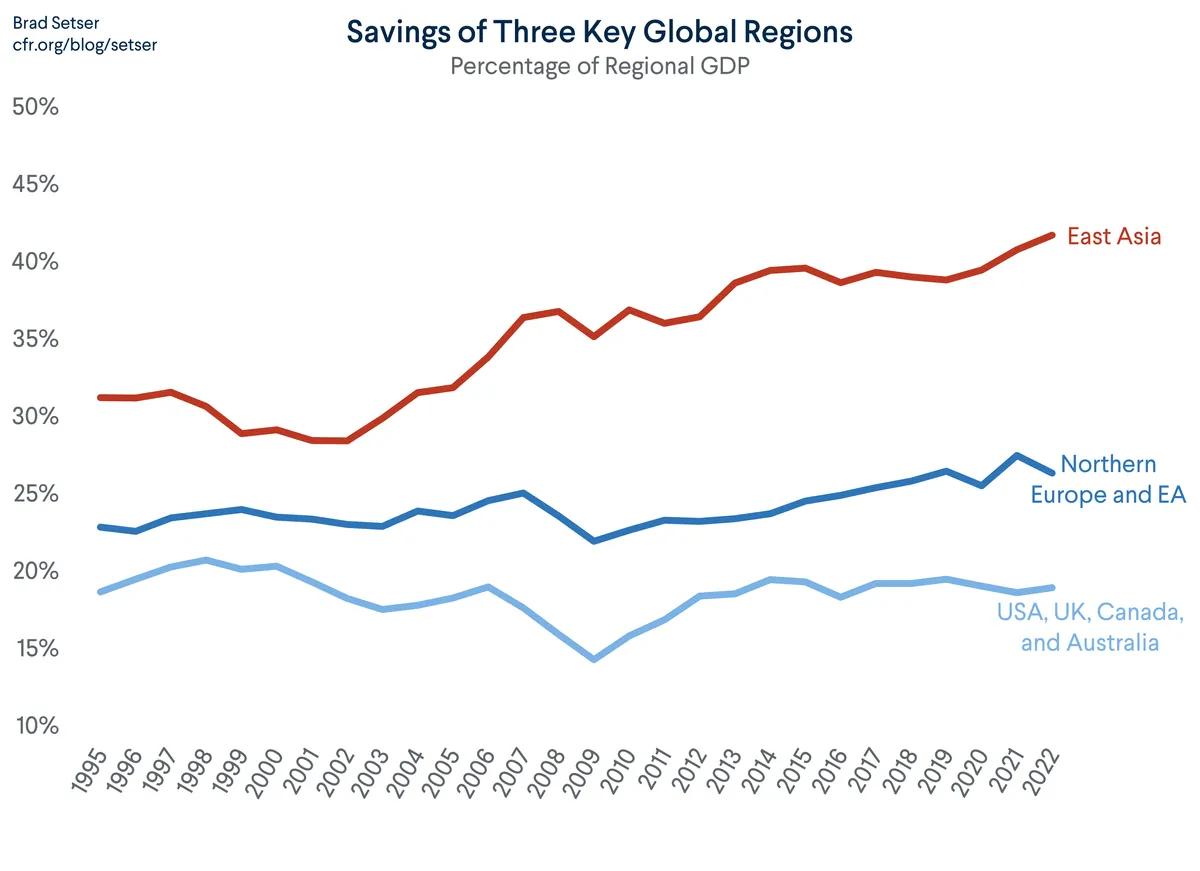China Bohai Bank's recent announcement of a $4 billion non-performing asset sale underscores the mounting challenges facing Chinese lenders amidst a bursting property bubble and economic slowdown. This significant move by the Tianjin-based bank, which is 16% owned by Standard Chartered, reflects the broader struggles within China's financial sector.
The bank's decision to offload assets worth 29 billion yuan comes as China grapples with a staggering $470 billion bad debt pile. This sale, which is 54% larger than the bank's non-performing asset disposals in 2023, highlights the urgency of the situation. Bohai Bank plans to sell these assets at up to a 40% discount, a move that will result in a 3.8 billion yuan financial hit – equivalent to over three-quarters of its 2023 net profit.
Bohai Bank's struggles are emblematic of wider issues in China's northern regions, where plummeting real estate prices and manufacturing overcapacity have led to significant economic strain. The bank's Hong Kong-listed stock has plummeted 80% since 2021, reflecting investor concerns about its financial health.
The situation is further complicated by the challenges facing China's asset management companies, often referred to as "bad banks." These entities, created by Beijing in 1998 to acquire bad debts from major lenders, are now experiencing their own financial pressures. China Cinda Asset Management, considered the strongest of the four main bad banks, recently warned of a potential 50% drop in its first-half earnings compared to the previous year.
"The stability of the financial system remains our top priority. We are closely monitoring the situation and working with financial institutions to manage risks effectively."
The scale of China's bad debt problem is staggering. Chinese banks currently hold $1.1 trillion of non-performing and special-mention loans, representing a 29% increase since the end of 2019. As of the first quarter of 2024, commercial banks in China reported 3.4 trillion yuan in non-performing loans, an increase of 141.4 billion yuan from the previous quarter.
This worsening debt situation suggests that future asset disposals may become increasingly challenging, with buyers likely to drive harder bargains. The average haircut on similar deals in Tianjin over the past three years was 71.7%, indicating that Bohai Bank's proposed 40% discount might be optimistic in the current climate.
As China's economic growth slows and its property market continues to face headwinds, the country's ability to manage its growing bad debt problem will be crucial for maintaining financial stability and supporting economic recovery.
